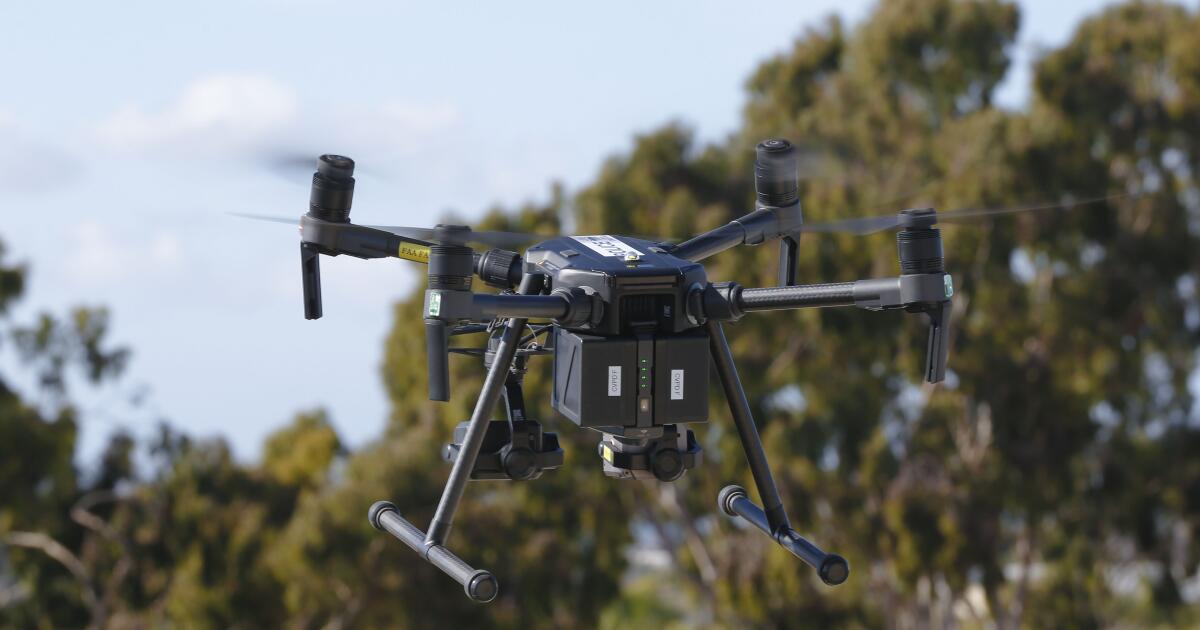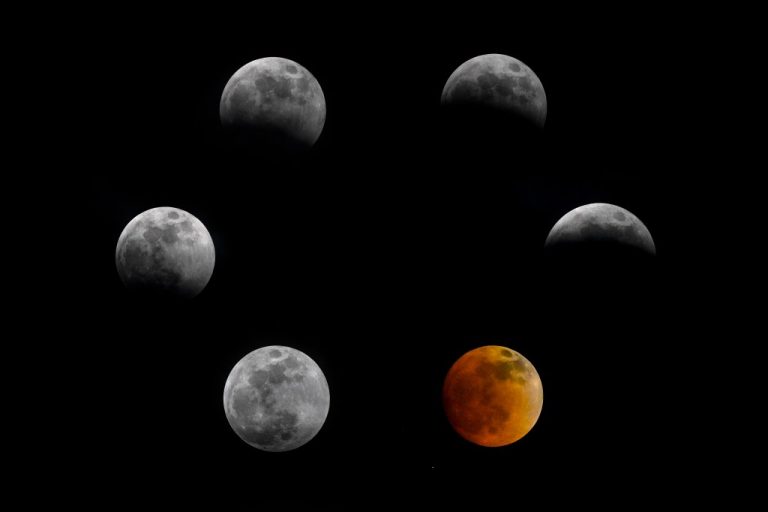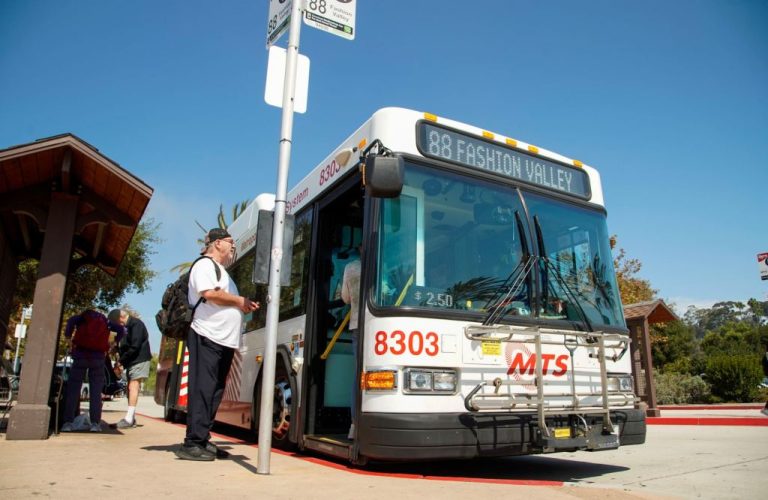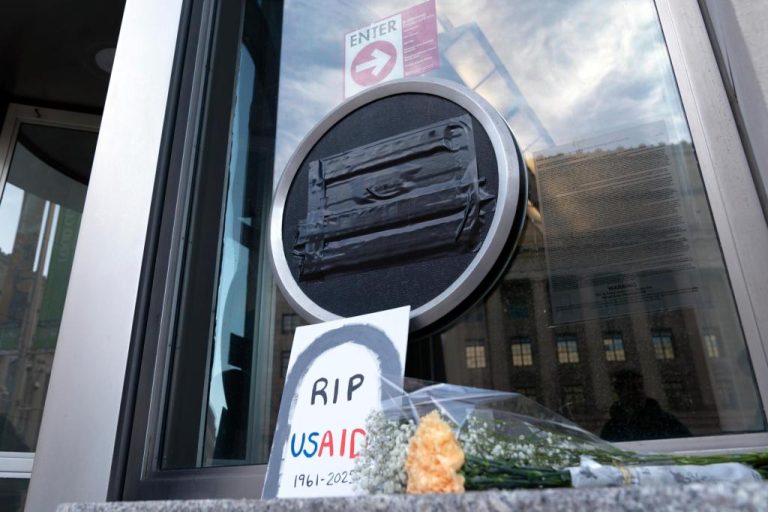

The state’s highest court has denied Chula Vista’s request that it review a lower court ruling that could force the city’s Police Department to make some of its drone footage public.
For several years, Chula Vista has used drones to get a real-time look at a scene minutes before police officers can arrive. The department started using drones as part of an FAA test program aimed at figuring out how to safely integrate drones into national airspace. It has since flown thousands of flights, and has won permission to fly them beyond the pilot’s line of sight.
In 2021, Chula Vista resident Arturo Castañares, owner and publisher of the bilingual news organization La Prensa San Diego, sued after the city refused to release any of the drone footage.
The city had argued that all the footage was investigatory and thus exempt from public disclosure under the California Public Records Act. In April, a San Diego Superior Court judge agreed.
But in December, the 4th District Court of Appeal took a more nuanced approach, acknowledging that investigatory videos are confidential, but then questioned whether every video met that standard. Some drone footage could be for incidents as benign as looking for a stranded motorist or checking a water leak.
The city of Chula Vista asked the California Supreme Court for a review. On Wednesday, the high court denied the request.
Castañares was encouraged by the decision to let the appellate court finding stand, calling it a “victory.”
“If I get only one video, I win,” Castañares said Friday.
He argued that the case is not just about drone footage but access to all types of public records.
“Unless we see the videos we don’t know how they are using these drones,” Castañares said.
A Chula Vista city spokesperson noted Friday that the appeals court “did not rule that the City must disclose any videos at this time, nor did it grant any relief to the individual who requested the videos.” The city declined further comment because the litigation remains active.
David Loy, legal director of the First Amendment Coalition, said the appellate court found that drone video footage is not categorically exempt from disclosure as an investigatory record. “That’s exactly correct, that not everything police do is a criminal investigation,” he said.
“The court of appeal said you have to take a granular approach,” Loy said. “The California Supreme Court correctly declined to review that position because that is what the law already says.”
That denial to review the case makes the appeals ruling the law of the land in California.
Just how many videos could become public remains to be seen.
The appeals court decision lays out guidelines to help determine which videos should be disclosed. Now that the California Supreme Court says it will not weigh in, the case heads back to the trial court. There, the city will determine which videos, if any, are not related to specific police investigations — and are thus potentially releasable.
Castañaras’ attorney, Cory Briggs, said Friday the takeaway from the appellate case “is that we trust law enforcement, but we also get to verify what they tell us. We get to ask them for proof that it is part of an investigation.”
Castañares initially sought drone footage from all flights in March 2021, roughly 370 trips. He later narrowed the request to exclude any video related to investigations on the condition that police provide a log of the videos it planned to withhold.
Chula Vista has said its hesitation to release footage is not about a desire for secrecy. Instead, it said it wanted to “avoid losing a program due to excessive costs and risks to the public’s privacy.” The city said redacting every video to protect personal information — faces, license plates, backyards and the like — would take a full-time employee about 230 days to complete.




